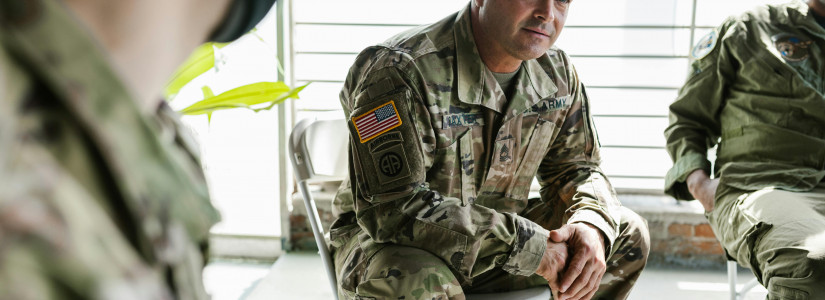Medicaid Waivers Granted to Six States Amid Coronavirus Outbreak
The Centers for Medicare and Medicaid Services (CMS) has been in the process of issuing state grants since the Coronavirus first became a serious issue in the United States. Over 20 states have received some form of grant or a deferred payment plan over the past month and a half, and six more states are now added to the list, as on Thursday the CMS offered more flexibility for their Medicaid programs.
These states are New York, Maryland, Massachusetts, Hawaii, Idaho and Colorado. They have been granted Section 1135 waivers. Under the Stafford Act, when the President declares any sort of national disaster or emergency, a public health emergency is thus declared, and Medicaid services for states are increased from the federal budget, offering relief and waivers for states whose money is busy tied up in other areas for their residents.
It also means that individual states have the freedom to make certain adjustments to Medicaid plans with these waivers, which includes the ability to bypass authorization requirements, as well as the ability to enroll providers from other states and even to offer care in a range of alternative settings if need be.
In other words, with these waivers, now issued to almost 30 states and expected to eventually be granted to all 50 US states, Medicaid coverage for COVID-19-related issues is effectively free.
Implications for State Funding of Disaster Relief
Washington has twiddled its thumbs in many ways since this disaster began. In the first two months of the Coronavirus spread, all politicians and media outlets were focused solely on the impeachment hearings of President Trump, and no one took COVID-19 seriously at all. Since that ended, it's been around-the-clock coverage and a lot of doom-saying, and a lot of urging politicians in Congress to act with some federal stimulus package for citizens and businesses. While there is finally a proposed bill going through the process of finalization in the Senate, states have had to rely on their own funds to provide grants, loans and other relief measures during these trying times.
The federal government is, once again, very late to the party, and states have had to spend money they do not even have to help their citizens. The implications here are very drastic. When a state doesn't have the money available to spend, it's not as if they can just print more with the Fed and hand it out. They have to dip into emergency and discretionary funding, which puts their budgets in the red going forward. Unfortunately, these expenses will have to be made up by taxpayers in the months and years to come.
Taxpayers of states who've for too long had to go into their own pockets could theoretically have to start paying more for trash pickup, utility bills, property taxes, and other taxes in order to make up the funds. While not many people are worried about this right now, as they just want to get through this pandemic, the reality is that the federal government was slow to help, busy trying to impeach a sitting President, and now states are paying the price.
It's highly unlikely that this will be reflected in November's election results, experts claim, but it will place more financial stress on people who are already struggling to pay bills. The CMS waiver grants will certainly help to ease the tensions of many states, as the care given now is technically free during a state of emergency, but some states will feel the sting for a long time to come, given the fact that it took so long to get the ball rolling.
Although it's unclear when it will happen, this virus will likely pass, as all do. When scientists figure out a treatment, that's the beginning of the end of the outbreak. Infected people start to get better, and any new people infected are treated before their symptoms progress. The death toll goes down, and the spread of the disease all but stops. For instance, the USA doesn't have a single reported case of SARS since 2004, though at the time it was also a global scare.
Though until which point COVID-19 comes under control, states are on the hook to help their residents as best as they can, and this is going to require a lot of money. The Medicaid waiver grants certainly help, though people are definitely looking forward to the federal government finally passing their stimulus plan.












